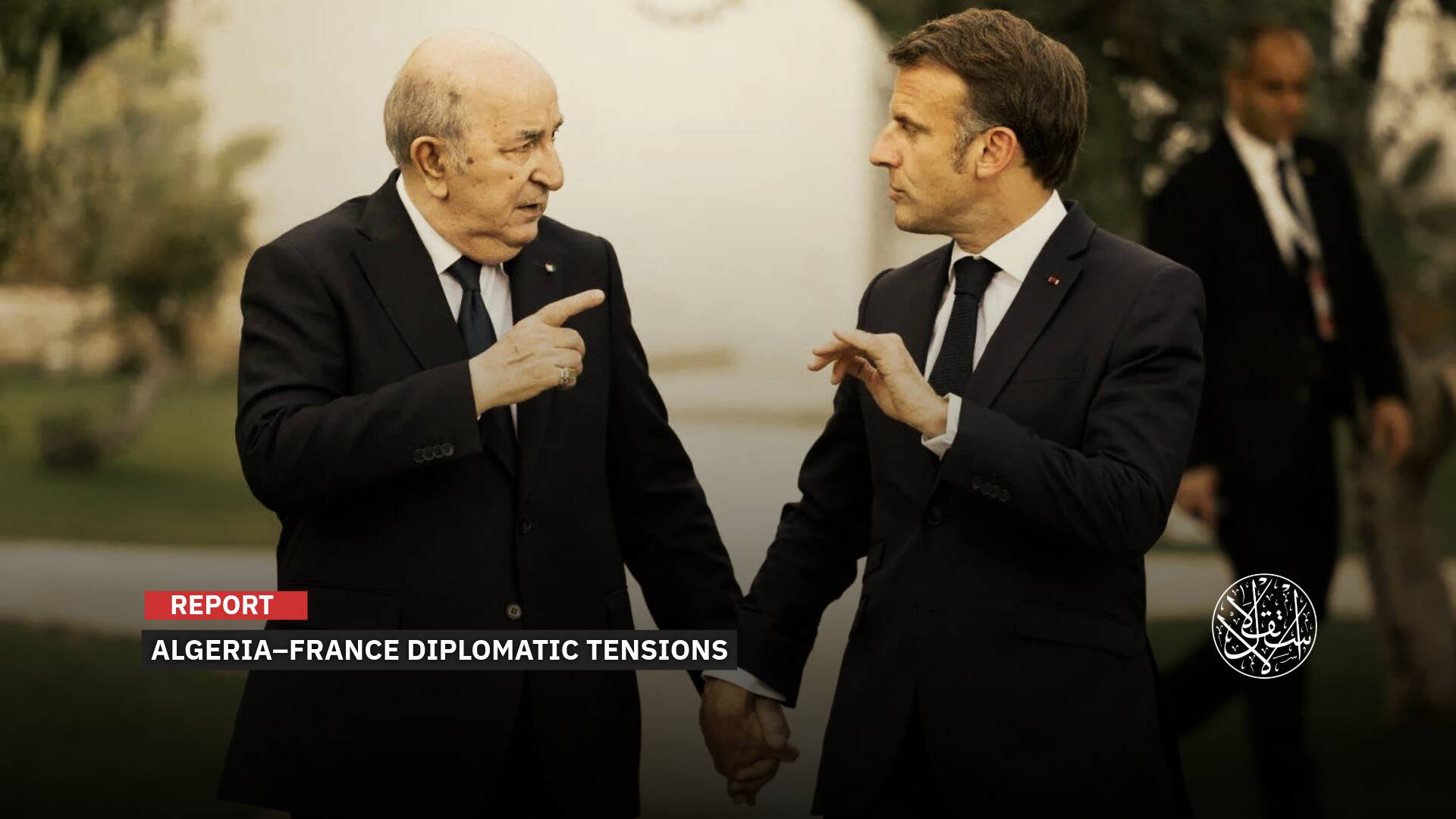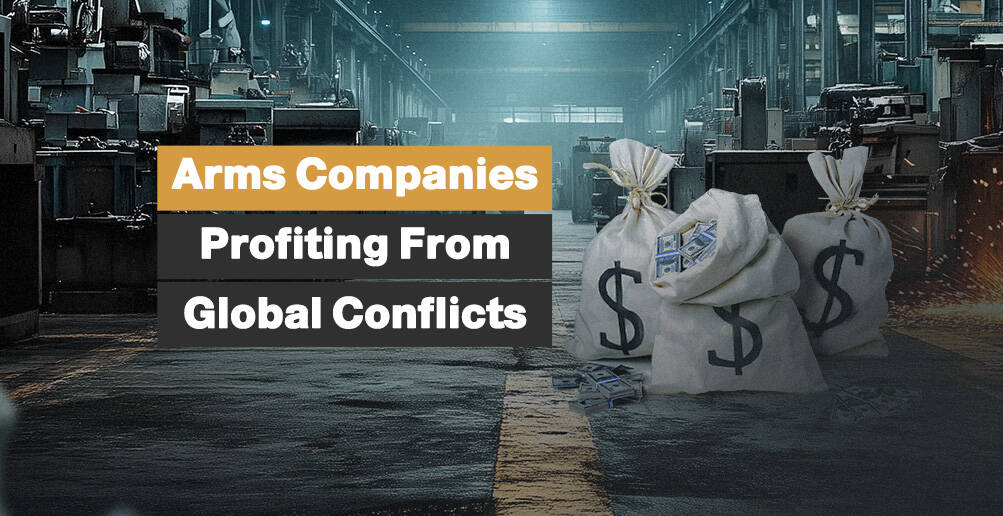The Fifth Flotation Ghost: What Is the Financial Collapse Scale in Egypt?

Simultaneously, Bloomberg, along with credit rating agencies Standard & Poor’s and Moody’s, released somber analyses regarding the Egyptian economic landscape in anticipation of the imminent fifth flotation of the Egyptian pound.
The danger of these reports, with their pessimistic outlook for the Egyptian economy, lies in the fact that these international institutions have focused on Egypt’s difficulty in repaying its debts.
Cairo needs to repay $37 billion in 2023 and 2024.
According to the Central Bank’s latest reports issued in March 2023, Egypt’s external debt reached $155 billion by the end of September 2022. The Bloomberg report delved into the alarming surge in the cost of insuring Egyptian debt and raised concerns regarding Egypt’s repayment capacity, thereby heightening the specter of bankruptcy.
The report highlighted the waning patience of the market with Egypt’s unrealized economic reforms and emphasized how the bond markets are experiencing an unprecedented level of vigilance due to mounting concerns about the potential risk of Cairo’s inability to fulfill its debt obligations or meet bond yields within the next year.
Bloomberg reported that the cost of insuring against the risk of sovereign debt default in Egypt over the next 12 months has reached an unprecedented level. This has resulted in a substantial rise in insurance premiums on five-year contracts, reaching an all-time high.
Relying on What?!
Standard & Poor’s, the American credit rating agency, announced on April 21, 2023, the downgrade of Egypt’s debt outlook to “negative” from “stable,” indicating its inability to repay.
This has raised both domestic and international concerns about the impending financial collapse.
The agency justified its outlook based on the Egyptian government’s significant funding needs in 2023 and 2024, estimated at $17 billion and $20 billion, respectively.
This is the second downgrade, as Moody’s credit rating agency had previously downgraded Egypt’s sovereign rating by one notch to B3 from B2 in February 2023, citing a decline in foreign cash reserves.
Credit ratings by credit rating agencies range from (AAA), indicating “high creditworthiness” and the highest credit rating, to sub-ratings such as (AA) or (A).
Meanwhile, a rating of (BBB) signifies “moderate creditworthiness,” while a rating of (DDD) indicates “distressed creditworthiness.”
Economists predict that the Egyptian government may allow the Egyptian pound to decline to 34 against the dollar by the end of December 2023, and to 35 by the end of the same month in 2024, and 35.07 a year after that, according to Reuters on March 28, 2023.
Experts wonder: What does Egyptian President Abdel Fattah el-Sisi rely on to overcome this severe crisis and the impasse that threatens his rule, which may eventually lead to hunger and popular anger revolution?
Mohamed Abou el-Ghar, a member of the civil opposition movement, shared his assessment of the economic situation and the government’s handling of it on his Facebook account.
He stated that Sisi’s plan to address the economic difficulties can be summarized in two beliefs: that “God will not abandon him or Egypt,” and that “the world will not allow Egypt to collapse and will intervene at a critical time to alleviate some debts.”
In a speech in early May 2023, President Sisi reiterated the same vague statement, affirming that he has no plans to deal with the catastrophe at hand. He mentioned monitoring social media platforms, public opinion, and people’s concerns.
However, he simply stated: “As long as we are united, no one can harm us."
This vision has heightened concerns because the economy cannot be managed through wishes and religious slogans.
Historical experiences have shown that debt relief does not come without a significant political cost, involving concessions from the Sisi regime in unknown matters.
What Is the Cost?
Economic expert Abdul Hafiz al-Sawi emphasizes that the financial crisis in Egypt is chronic due to the government’s persistence in not resolving it through failed administrative decisions.
He explained to Al-Estiklal that the Egyptian situation is “not hopeless,” but it requires two steps to overcome it.
First, there is a need to reduce and mitigate corruption rates within the domestic and foreign dealings of the government, particularly the military’s control over the economy and the widespread corruption within state institutions.
Secondly, addressing the mismanagement of the economy, as the current policies are moving in the wrong direction.
For example, the government should focus on increasing production and reducing imports, but instead, it is expanding its import activities.
The country is also facing a shortage of foreign currency reserves, yet the government continues to engage in activities that require foreign currency.
A notable example is the recent €8 billion loan for the import of monorail and high-speed train carriages, despite the possibility of postponing it.
This indicates poor economic management, according to al-Sawi.
He further explains that the Egyptian regime will not have an exit from the crisis unless it adopts sound economic policies. Otherwise, it will resort to borrowing from abroad at a very high-interest rate.
He points out that Egypt’s latest foreign loan carried an interest rate of 7.5%, and the rates for Islamic bonds (Sukuk) reached as high as 10%, which is among the highest interest rates for such bonds.

Al-Sawi explains that the current situation, as far as Sisi is concerned, indicates that the conditions for such a political concession have not been met yet, and it is unknown what this concession would entail in order for some countries and international funds to cancel their debts to Egypt.
He cautions that the current Egyptian regime may be prepared to make these political concessions, which would further weaken Egypt’s political position and decision-making in the future.
Professor of Political Science and International Relations, Khalil al-Anani, also confirms to Al-Estiklal that the Egyptian economic situation is “disastrous” and is heading toward further deterioration.
He predicts that Egypt could follow the path of a failed state unable to meet the basic needs of its citizens in terms of food, drink, housing, and a decent life if the situation continues as it is.
He points out that the Bloomberg report on the record rise in the cost of insuring Egyptian debt and concerns about the ability to repay raises the question: Is Egypt on the verge of bankruptcy?
Failed Steps
Instead of confronting these risks, economic concerns, and Egyptians’ outcry over high prices and the anticipation of a new currency collapse, the government has pursued three failed austerity policies.
Firstly, Sisi’s regime continues its excessive borrowing policy, requesting a new loan of 8 billion euros to finance the importation of luxury train carriages and the monorail for his administrative capital, where he seeks refuge from the anger of Egyptians.
Secondly, they have raised the prices of 32 subsidized essential commodities, which are the last lifeline for the impoverished, such as rice, sugar, cooking oil, pasta, and flour. The Ministry of Supply announced on May 1, 2023, an increase in the prices of all subsidized goods on ration cards, along with a reduction in the sizes and weights of other products like cheese and milk.
The prices of subsidized goods have risen by over 50% compared to their average prices at the beginning of 2022, while the subsidy amount remains fixed at 50 Egyptian pounds per person per month.
The third controversial policy is the continued sale of companies and assets in the stock market, with the inclusion of 10 military-owned companies this time, rather than just two, without any public announcement.
All this comes amid international economic forecasts confirming that there is no appetite for any investments in Egypt or the purchase of its companies, as reported by the Financial Times on April 28, 2023, citing an informed banking source.
Prime Minister Mustafa Madbouly announced on April 29, 2023, the offering of ten new companies belonging to the military as part of the divestment program, in addition to Safi and Wataniya companies, without specifying a date.
He indicated that his government aims to raise $2 billion by the end of June 2023 to repay debts.
Madbouly did not mention the value of the financing gap and the funds required for Egypt’s repayment during 2023, or whether there are other funding sources that the government relies on to meet its obligations, in addition to the proceeds from the company divestment program.
This has prompted economists Hany Abou el-Fotouh and Wael el-Nahas to say to Mada Masr website on April 29, 2023, that the statements made by the Prime Minister lack seriousness and indicate that the government does not rely on the divestment program and lacks seriousness in selling the announced companies.
Another anticipated crisis due to foreign currency shortages is that Egypt’s wheat stock is not sufficient for more than two months.
This means that Egypt may face a severe shortage and difficulty in meeting its wheat needs due to the increase in its import bill, according to Bloomberg on April 23, 2023.
The Financial Times reported on April 28, 2023, citing a knowledgeable banking source in the economic negotiations between Egypt and the UAE, that Abu Dhabi’s sovereign fund, ADQ, the main Emirati investment “vehicle” in Cairo, has suspended its projects in the country.
The Egyptian source stated that there is no appetite for any significant investments at the moment, and Abu Dhabi has become more inclined to provide support through International Monetary Fund programs.
Under the International Monetary Fund agreement, Egypt is expected to receive additional funding of $14 billion from its international and regional partners through reforms that include the continuous liquidation of state-owned assets.
Meanwhile, analysts say that Cairo doesn’t have many other solutions, apart from selling assets, to raise capital, given foreign investors’ concerns and the private sector’s hindrance due to the economic crisis and the military’s dominance.
This is not only limited to the UAE, as the same applies to sovereign wealth funds in Saudi Arabia and Qatar.
A report by CNN in early March 2023 confirmed that both countries, like the rest of the Gulf countries, hesitate to inject investments into Egypt.
The reason for the Gulf’s diminished enthusiasm for investing in Egypt is attributed to the military’s involvement in economic activities and doubts about the willingness of its leadership, led by Sisi, to introduce reforms that limit the economic interests of the military, which have expanded according to the Financial Times.
The military owns or controls up to 40% of the economy outside the official state budget, and there are different estimates that are higher or lower than that, according to global estimates.











